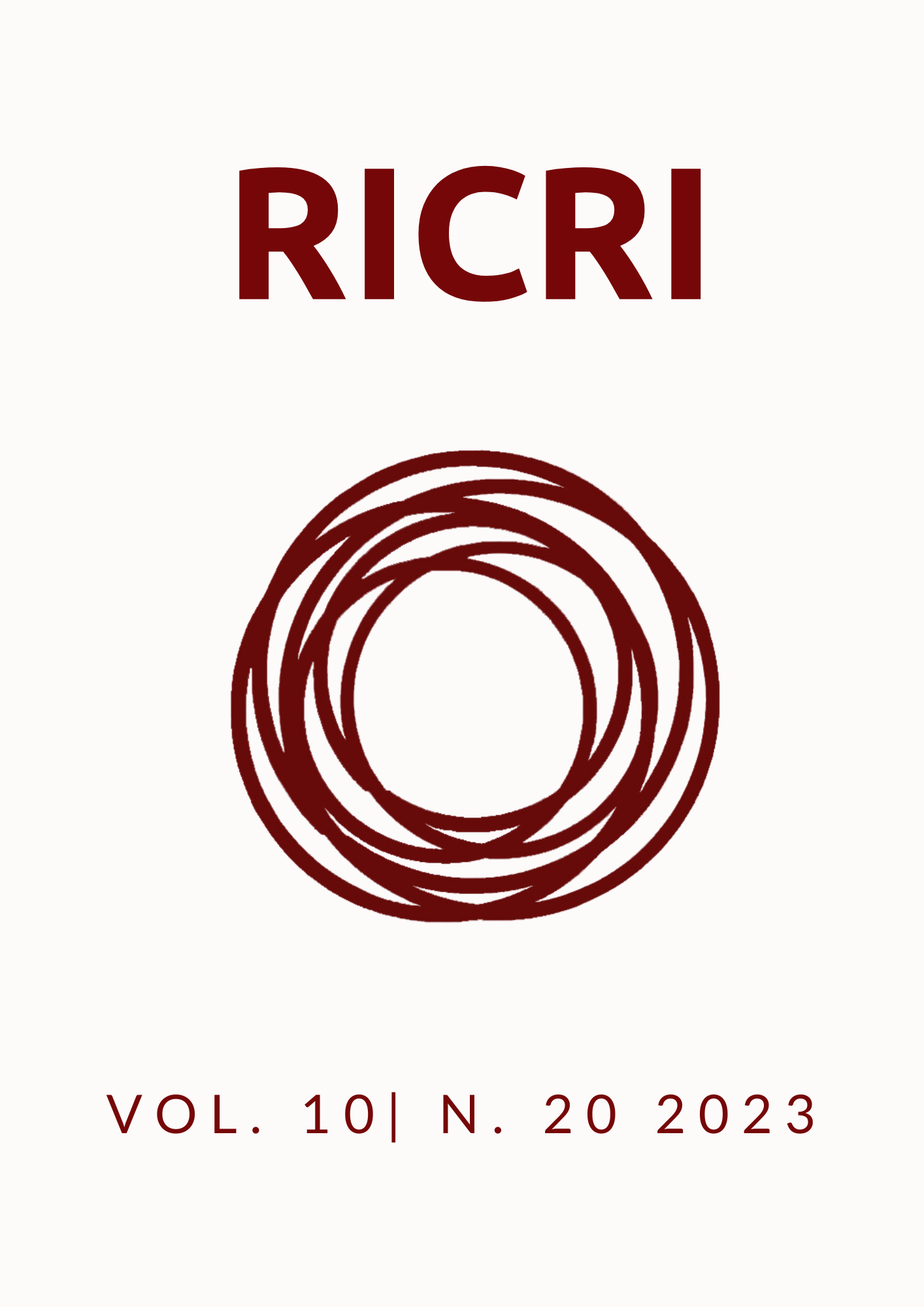Uma educação feminista decolonial para a garantia dos direitos sexuais e reprodutivos na América Latina
A experiência da Rede de Saúde das Mulheres Latino-Americanas e do Caribe
DOI:
https://doi.org/10.22478/ufpb.2318-9452.2023v10n20.66507Abstract
This article seeks to understand, through the work of the Network of Latin American and Caribbean Women's Health (RSMLAC), how feminist popular pedagogy can be used as a decolonial practice in the field of sexual and reproductive rights. This study is characterized by a descriptive character, based on a qualitative bibliographic research methodology. In order to understand the chosen thematic, the first section presents the theoretical basis with definitions of Sexual and Reproductive Rights and the notions of decoloniality and gender, and, finally, there is the alignment between the chosen theme, the Sexual and Reproductive Rights, and the decolonial approach for the analysis of initiatives taking into account the concept of feminist popular education.
Downloads
Published
How to Cite
Issue
Section
License
Copyright (c) 2023 Journal of Scientific Initiation on International Relations

This work is licensed under a Creative Commons Attribution-NonCommercial 4.0 International License.
Authors who publish with this journal agree to the following terms:
a. Authors retain copyright and grant the journal right of first publication with the work simultaneously licensed under a Creative Commons Attribution License that allows for sharing of work with acknowledgment of its initial publication in this journal.
b. Authors are able to take on additional contracts separately for non-exclusive distribution of the version of the work published in this journal (e.g., post it to an institutional repository or as a book), with an acknowledgment of its initial publication in this journal.
c. Authors are permitted and encouraged to post their work online ( eg, in institutional repositories or on their website) at any point before or during the submission process, as it can lead to productive exchanges , as well as increase the impact and citation of published work ( See the Effect of Open Access).




